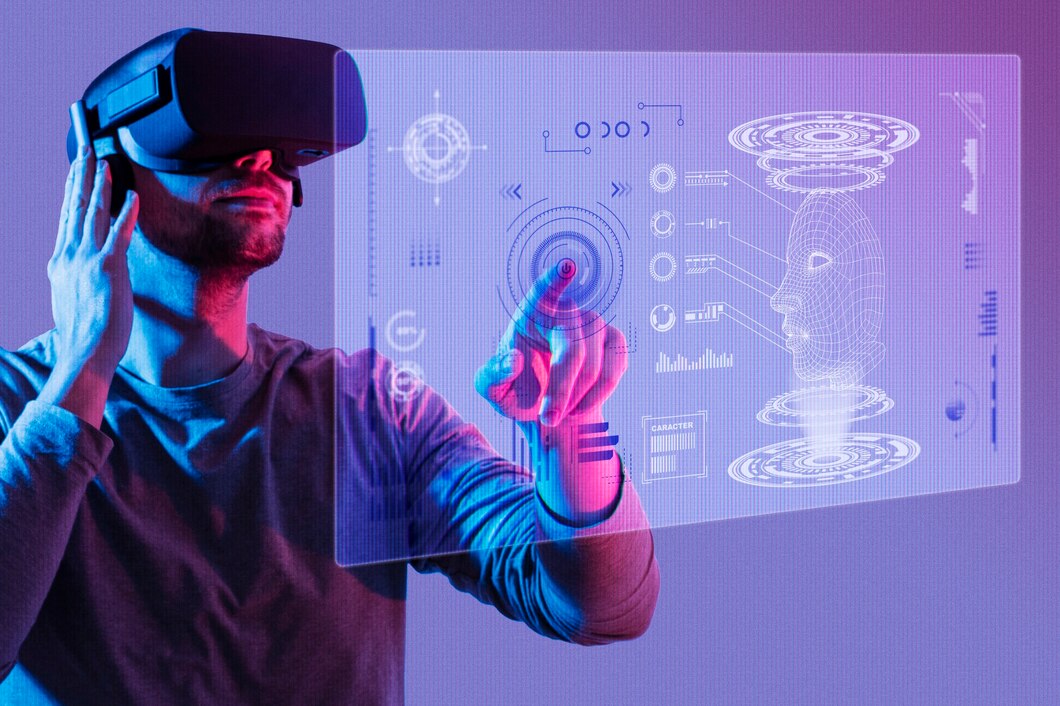Augmented Reality (AR) and Virtual Reality (VR) are no longer just buzzwords in the tech world. They have become powerful tools that businesses can leverage to create unique customer experiences, streamline operations, and boost overall growth. Behind these immersive solutions are AR/VR developers—the professionals who bring innovative ideas to life. But how exactly can AR/VR developers help businesses? Let’s explore.
1. Enhancing Customer Experience
AR/VR developers can create interactive applications that give customers a more engaging experience. For example:
-
Retail: Virtual try-ons for clothes, furniture placement in homes, or previewing makeup shades.
-
Real Estate: Virtual property tours that allow potential buyers to explore homes without stepping inside.
-
Automotive: Test-driving cars virtually to understand features and design.
These immersive solutions reduce decision-making stress and improve customer satisfaction.
2. Training and Skill Development
AR/VR developers build realistic training environments for employees across industries.
-
Healthcare: Surgeons can practice complex operations in VR simulations.
-
Manufacturing: Workers can be trained on handling machinery without risk.
-
Corporate Training: Soft skills like communication and leadership can be developed using role-play scenarios in VR.
This makes training safer, more effective, and cost-efficient.
3. Revolutionizing Marketing and Sales
AR/VR marketing campaigns grab attention faster than traditional ads. Developers can create immersive product demonstrations, interactive 3D ads, or virtual brand experiences. For instance, a brand can design a VR showroom or an AR-based product demo, enabling customers to engage directly with products. This not only increases engagement but also drives higher conversion rates.
4. Improving Product Design and Prototyping
For industries like engineering, architecture, or fashion, AR/VR developers enable businesses to design and visualize products in 3D before physical production. This reduces errors, lowers development costs, and accelerates time to market. Prototyping in VR also allows teams to collaborate remotely while viewing the same virtual model in real-time.
5. Supporting Remote Collaboration
AR/VR developers can create virtual workspaces where teams collaborate from anywhere in the world. Instead of video calls, teams can meet in a 3D environment, interact with virtual whiteboards, or work on 3D product designs together. This is especially beneficial for global businesses looking to maintain efficiency while working remotely.
6. Building Competitive Advantage
Adopting AR/VR technology with the help of skilled developers allows businesses to stand out in their industry. Offering innovative customer experiences, immersive marketing campaigns, and smarter training solutions puts a brand ahead of competitors still relying on traditional methods.
Conclusion
AR/VR developers are at the heart of transforming business operations and customer interactions. From creating memorable customer experiences to streamlining product development and training, they help companies innovate, save costs, and stay competitive in the digital era. Businesses that embrace AR/VR technology today are not just preparing for the future—they are shaping it.

